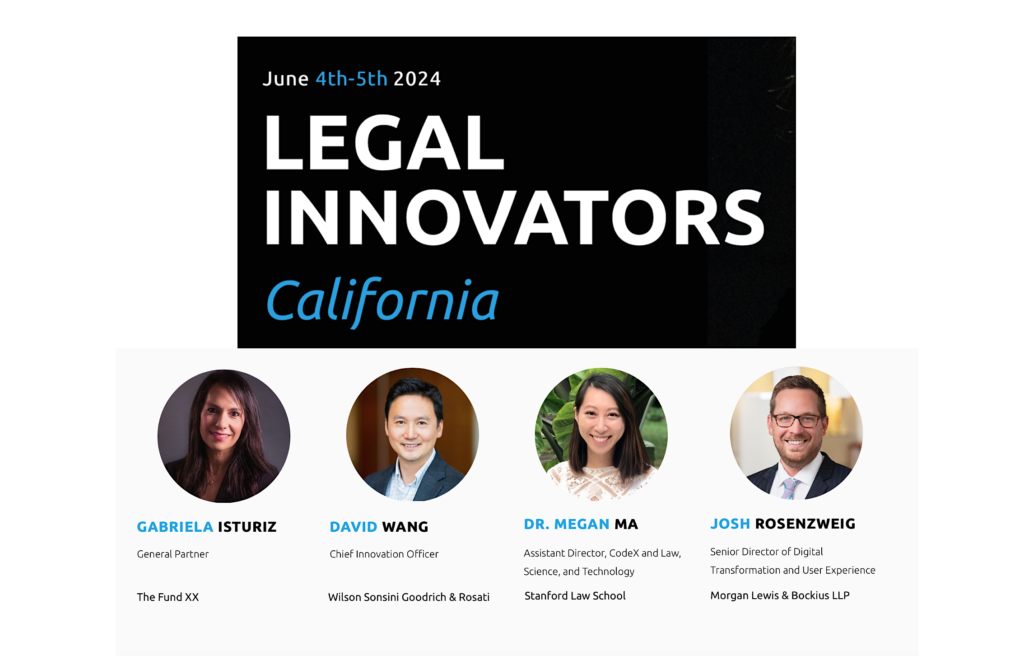
‘Contracts are not just about lawyers. The users are sales and finance,’ Juro CEO, Richard Mabey, told Artificial Lawyer. ‘Are we at the point [with GenAI] where a person who is not a lawyer can negotiate contracts? We have customers asking about that.’
The contract management system’s boss then added: ‘People who are not lawyers can mark-up contracts.’
If you have a GenAI-driven tool that has been carefully developed with the appropriate system prompts and is focused on a very narrow set of tasks and content e.g. checking over a sales contract and providing carefully pre-selected wording, then do you really need a sales team member to go back to legal on everything in that document?
Can’t they just follow the workflow inside the platform, responding to automated redlines and inserting corrected language from a very limited and targeted company playbook for that specific type of contract that the lawyers there have already approved?
Well…..yes, they can.
And that raises another question around how many inhouse lawyers a company needs for this type of work.
‘Do we need another 10 lawyers [within the inhouse legal function]? Why not just hire two lawyers and have robust processes?’ Mabey suggested. ‘Inevitably lawyers will do much less low value work. One can fully automate contract administration work.’
I.e. while we may not be at a situation where companies are letting inhouse lawyers go – which as AL has explored may not be a great idea, given the constantly expanding regulatory burden – they may not need to hire so many lawyers whose time would normally be absorbed on contract management issues.
Moreover, some companies that are especially cash-strapped may indeed trim their internal legal headcount if it was felt that the freed-up lawyers were not able to add sufficiently to other legal needs. That said, we are not there yet. But, it’s early days.
Moreover, it’s worth adding that letting the sales team do the contract negotiation in the above scenario will likely accelerate the process, and thus increase the speed at which revenue is earned by the company.
AI Has Changed
The observations came while AL was asking Mabey about how Juro had changed in recent years. His key point was that for fiddly needs like contract negotiation, the first wave of legal AI tools, focused on NLP and machine learning, were not good enough. But, GenAI, which can really deal with the subtleties of language….? Well, that’s another story entirely, he noted.
‘We can build AI playbooks, [with system prompts] we can say what can and cannot be agreed with, all in the context of the playbook,’ he said and added, ‘It’s an unlocking technology.’
‘There’s a hell of a lot you can do with GPT and good prompts,’ he concluded.
The Last Prompt
One last thing: what is his view on prompts? AL suggested that while allowing lawyers to engage with making their own prompts in an ad hoc way to get very different results can sometimes be useful, surely the end game here is to have much better system prompts so that lawyers – or anyone else – working on a contract doesn’t need to mess around with different options, and can just get a clear and consistent result?
‘The expectation is that people do lots of prompts, but [you can do a lot] with a master prompt and prompt shortcuts,’ he replied and added that with the right integrations, e.g. with Salesforce, a great UI/UX, and the right type of GenAI backend, then you can get to a ‘two clicks, job done’ scenario. After that, then you can build scalable, safe systems that have the power to really help corporates.
Conclusion
This makes total sense, and in truth it’s where companies like Juro and others, as well as plenty of CLM providers, have been trying to get to since they started, it’s just been hard with ML/NLP – which is a good fit for largescale review and search, but isn’t always able to do what you need with complex redlining and re-drafting.
Will we see inhouse job losses? Not yet. But, if a more genAI-automated approach is shown to work with business teams, then there is little need for companies to hire in so many lawyers to handle that work.
Legal Innovators California conference, June 4 + 5 – San Francisco
The new wave of legal AI and how it will change the inhouse sector will be central to the Legal Innovators California conference, Jun 4 + 5.
The event will take place in San Francisco with Day One focused on law firms, and Day Two on inhouse and legal ops. We have many great speakers attending the event, along with a group of pioneering legal tech companies and service providers – you can see some more about our speakers here.
For ticket information, please see here. Don’t miss out on what will be a great event in the heart of America’s tech world.
